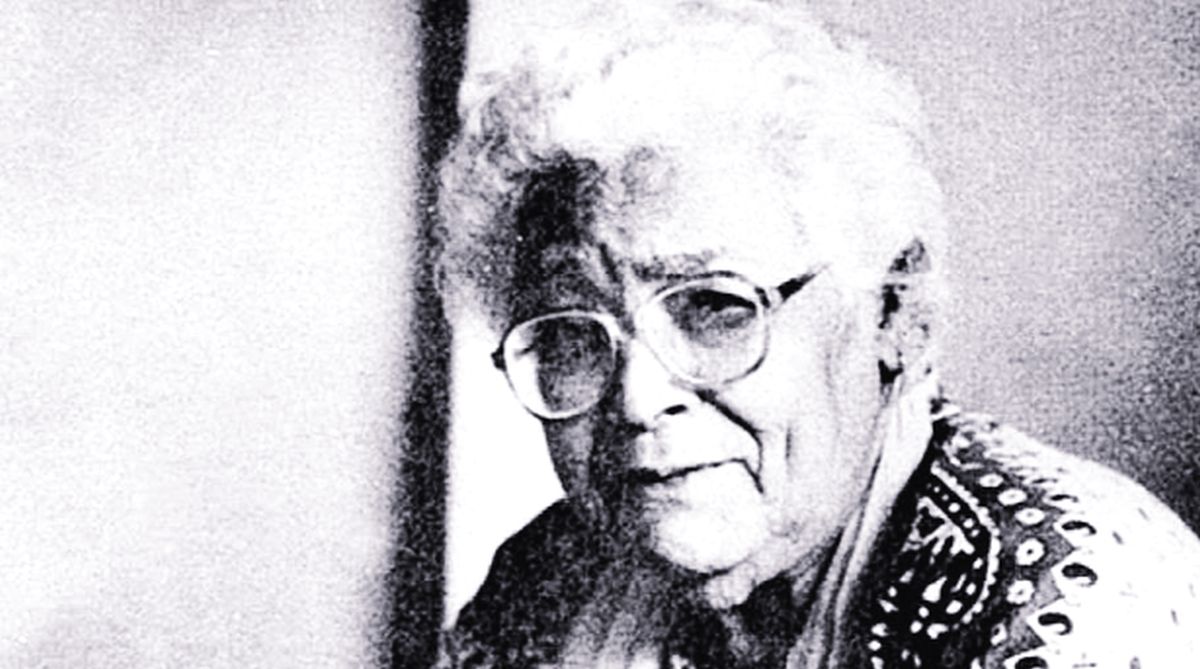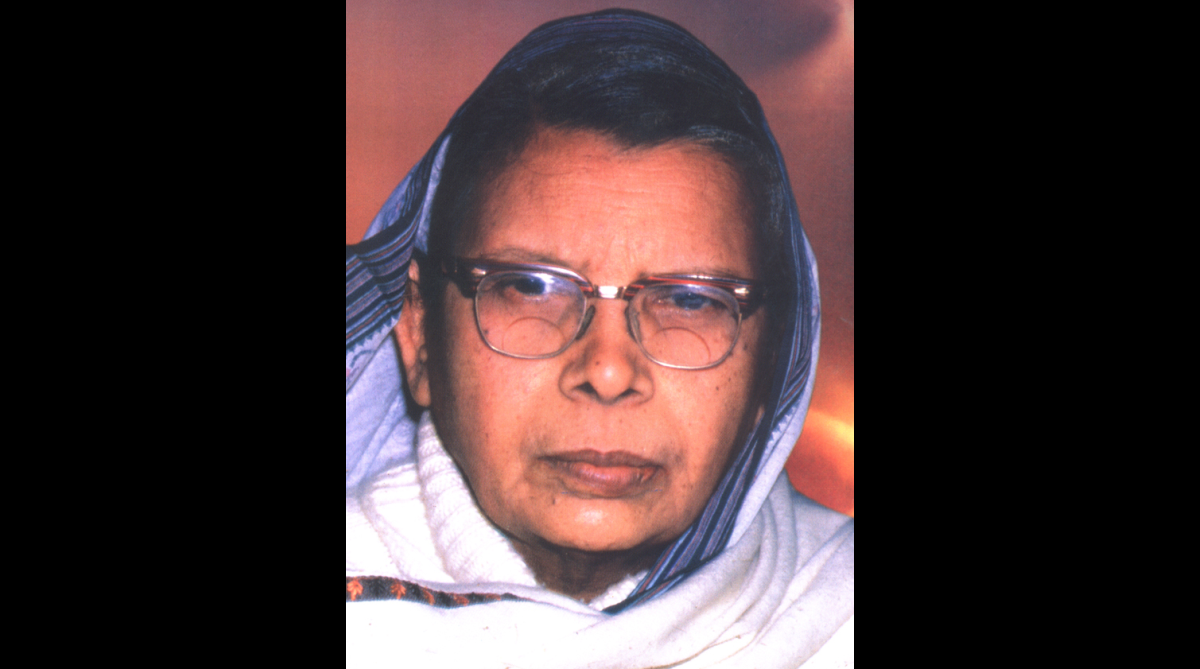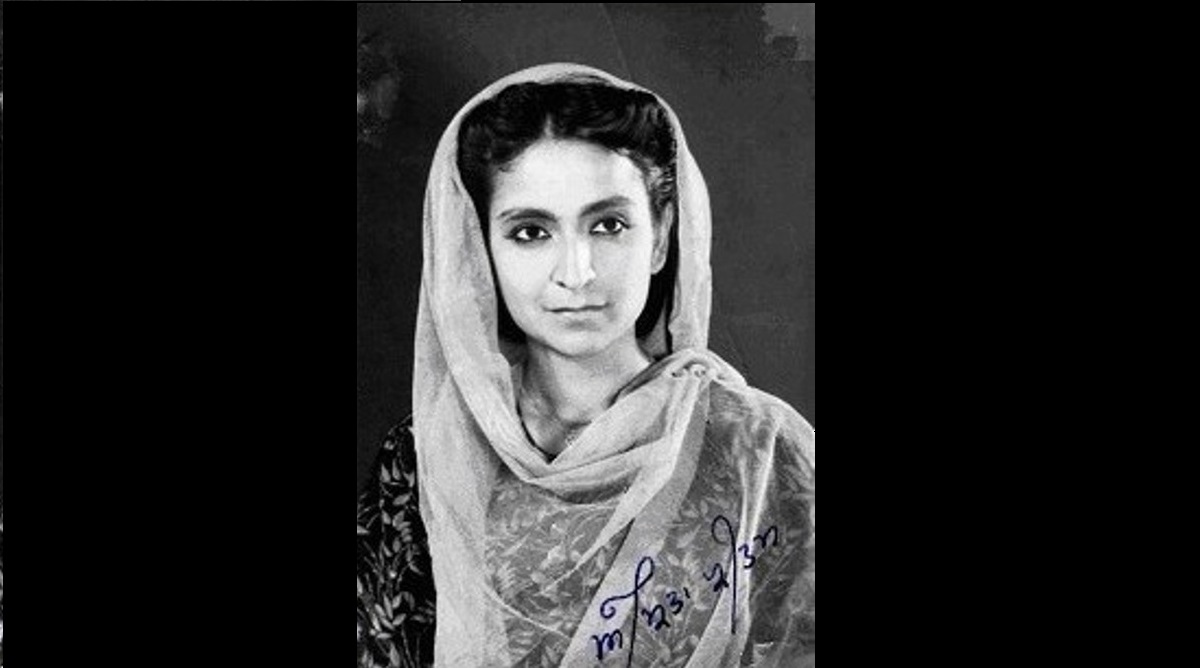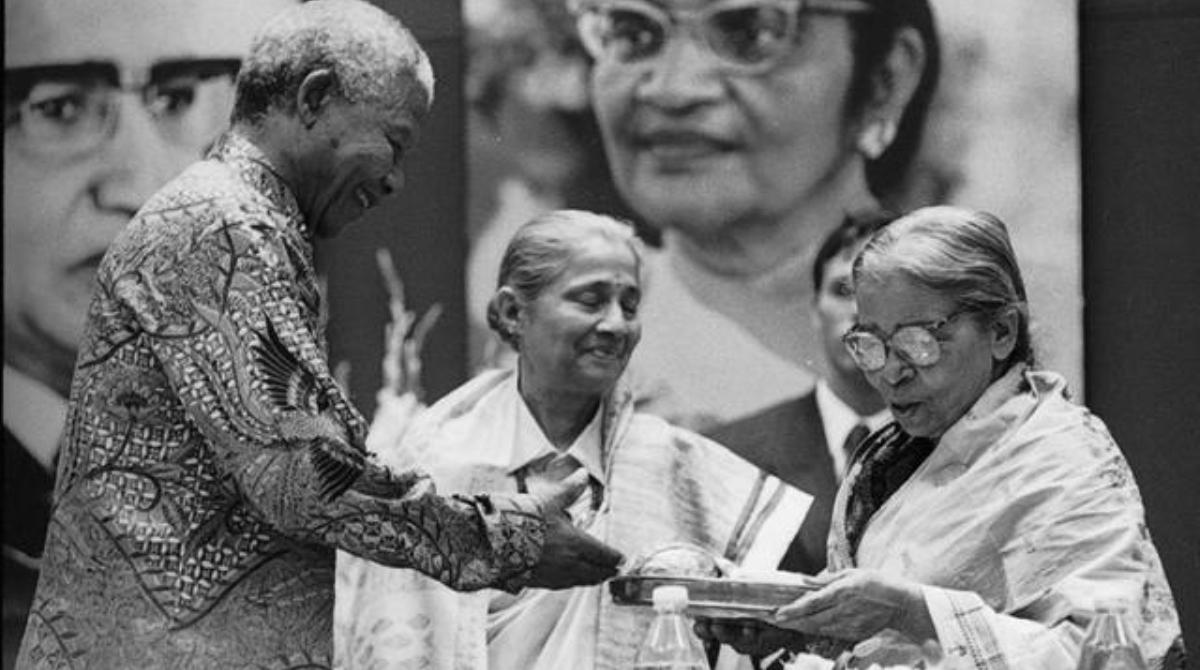Diksha Dwivedi offers her insights on feminism and the pursuit of gender equality
Diksha Dwivedi, Author & founder of YOSO Media, opens up about her perspective on feminism, defining it as gender equality and equal opportunity.
Through the years, even when the concept of feminism was unknown to everyone, there have been women, young and old, trying to shatter patriarchy and fighting for women emancipation through their tales.
Shreya Thapliyal | New Delhi | February 1, 2019 1:56 pm

(Photo: Getty Images)
Feminism (noun): The advocacy of women’s rights on the ground of the equality of the sexes.
A family friend once narrated an incident. As a literature enthusiast, she was attending a class for literary theories and criticism. They discussed post-colonialism, Marxism, Structuralism and many others. When the turn came for discussing feminism, her very learned male professor, suddenly became defensive and started the discussion with, “Feminism! The flavour of the year”.
Advertisement
One of the most discussed and often misunderstood topics in the world, feminism invokes different reactions in different people. While a lot of individuals stress of it as a much-needed step towards women empowerment, many often dismiss it as a “Western phenomenon” or “an agenda started by elite, urban women”.
Advertisement
While there have been individuals, both men and women, standing up for gender equality through the centuries and are considered as early feminists, the movement came into the forefront with the publication of Mary Wollstonecraft’s “A Vindication of the Rights of Woman”, rightly considered as one of the earliest works of feminism. In Western countries, the cries for women empowerment grew stronger by the nineteenth and twentieth century with many storytellers immortalising the plight of everyday woman in movies and written works.
In India, however, Feminism is considered to be a “relatively new phenomenon”. Often described as “influence of the Western world”, the movement is criticised for harbouring only the urban women. However, if one observed closely, they will witness the reality. Through the years, even when the concept of feminism was unknown to everyone, there have been women, young and old, trying to shatter patriarchy and fighting for women emancipation through their tales.
Here is the list of five women writers, who through their written words, raised their voices:
· Ismat Chughtai

One of the most powerful voices of Urdu literature, Ismat Chughtai was born on August 21, 1915. Mostly remembered for her short story Lihaaf, Chughtai wrote on a series of topics like class conflict, female sexuality and gender equality. During her time, many of her writings were banned in South Asia, due to the feminist point of view—they now are read by people all over the world to get a taste of real emotions. Bold and unafraid, Chughtai was often singled out for her writings—she was told that her work “insulted the Quan” and was dragged to court for her most remembered story, Lihaaf.
In 1976, she was awarded Padma Shri by the Government of India.
· Mahadevi Varma

Often credited for breaking the male monopoly in Hindi poetry, Mahadevi Varma was born on March 26, 1907. Married at a tender age of 9, Varma stayed with her family till she completed her education. She is mostly remembered for the short stories that she wrote, many of which are now part of the school curriculum. In “Chand”, a women’s magazine, she highlighted the plights of women. Through her writings, she asked questions on difficult topics like widow remarriage, out-of-wedlock pregnancy and many others.
For her contribution to literature, she had been awarded the Padma Bhushan and the Padma Vibhushan. In 1979, she was made a fellow at Sahitya Akademi, the first woman to be given this distinction.
· Amrita Pritam

Rightly considered the first prominent woman Punjabi poet and writer, Amrita Pritam was born on August 31, 1919. She migrated from Lahore to India after Partition and remained equally popular on both sides of the border. She created her most remembered work, “Pinjar”, in which she created her character “Puro”, a woman who became the symbol of violence against women.
Amrita Pritam was awarded the Padma Shri in 1969, Jnanpith in 1982 and Padma Vibhushan in 2004.
· Mahasweta Devi

A Bengali fiction writer and activist, Mahasweta Devi was born on January 14, 1926. She has written over 100 novels primarily in Bengali but her works were later translated in other languages. Throughout her life, Mahasweta Devi worked for the empowerment of tribal people. her first novel was based on the biography of Rani of Jhansi and was published in 1956.
Throughout her lifetime, she was awarded various literary awards like Sahitya Akademi Award and Jnanpith Award for her contribution to literature.
· Krishna Sobti

Acclaimed Hindi writer and essayist, Krishna Sobti was born on 18 February 1925 in Gujarat. Considered the grande dame of Hindi literature, Sobti often wrote about female sexuality, Partition and relationship between man and woman. She is mostly remembered for her 1966 book Mitro Marjani, the book that dealt with the sexuality of a married woman. During her lifetime, she was criticized for using too much profanity in her writings.
She was awarded the prestigious Sahitya Akademi Award for Zindaginama in 1980 and was appointed a fellow in 1996. She was awarded the Jnanpith Award in 2017 for her “path-breaking contribution to Indian literature”.
Advertisement
Diksha Dwivedi, Author & founder of YOSO Media, opens up about her perspective on feminism, defining it as gender equality and equal opportunity.
Naseeruddin Shah criticizes Bollywood’s glorification of toxic masculinity and films that degrade women, calling the trend “sickening” and alarming.
Imroz, the celebrated artist and poet, departs at 97, leaving behind a rich legacy intertwined with the timeless love story of Amrita Pritam.
Advertisement
